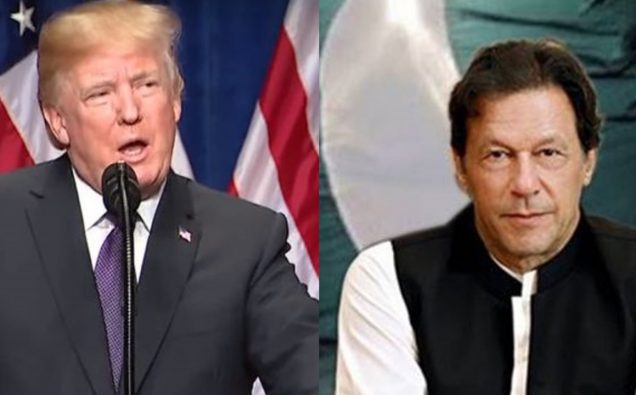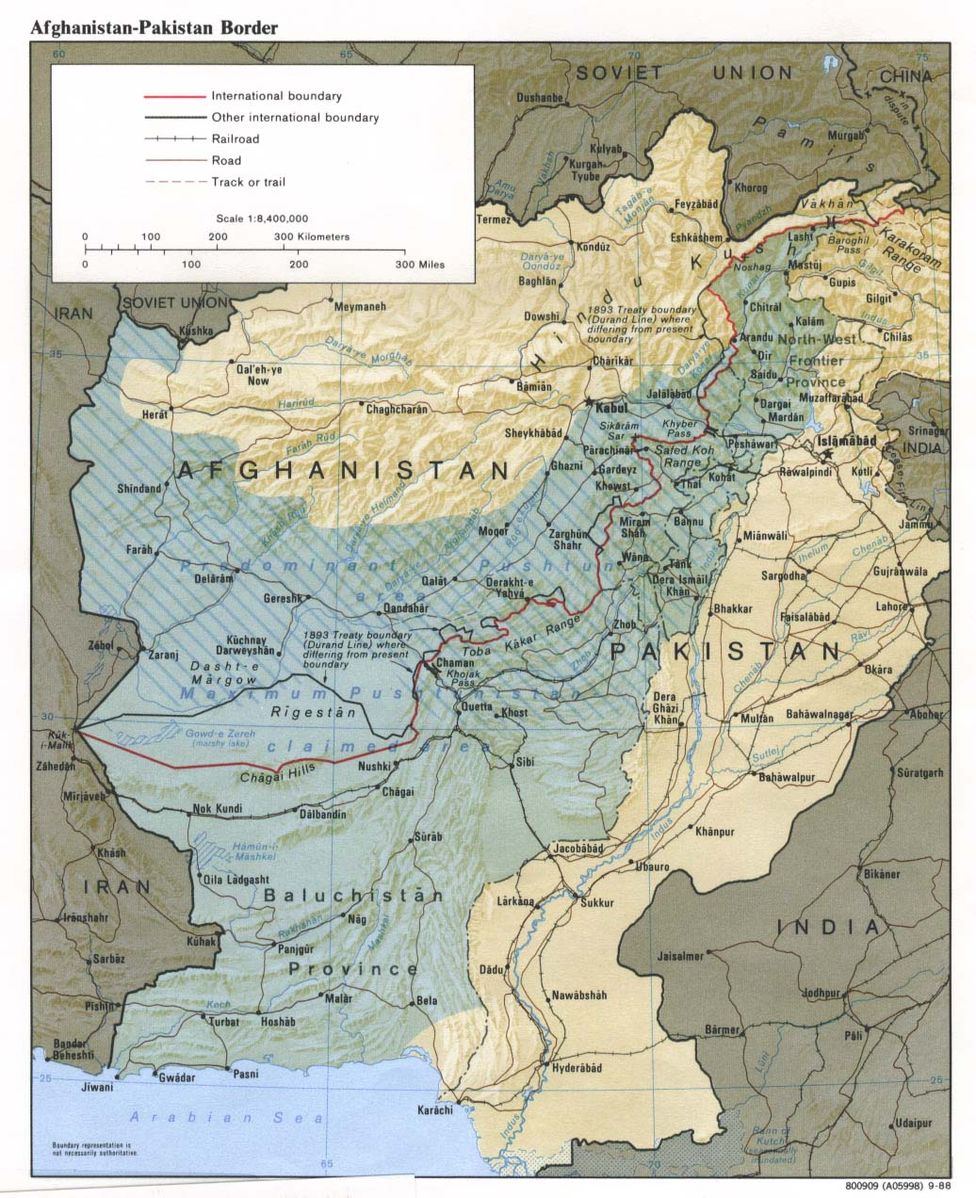
Following a week of diplomatic temper tantrums involving the U.S., Pakistani and Afghan officials over peace process in Afghanistan, things seemed to be recovering by Monday.
U.S. special envoy Zalmay Khalilzad acknowledged Islamabad’s support for help with kickstarting the peace process – which is yet to take a concrete form after months of initial meetings between American officials and the warring Afghan Taliban.
The remarks came after a spat between an American diplomat and Pakistani officials over perceptions of interference in Afghanistan.
Kabul, irked by Pakistan Prime Minister Imran Khan’s reported suggestion that Afghans have an interim setup to push the reconciliation talks, has also accepted Pakistan’s clarification and returned its ambassador – recalled in protest over the idea – to Islamabad.
Noted @PID_GOV statement clarifying Pakistan government’s views on avoiding interference in Afghanistan’s internal affairs. Appreciate Pakistan’s and other regional support for #AfghanPeaceProcess and agree that #Afghans have the right to live in peace after a long period of war.
— US4AfghanPeace (@US4AfghanPeace) March 29, 2019
The trigger for diplomatic exchanges came when Prime Minister Imran Khan’s reported suggestion that an interim setup in Afghanistan could help facilitate Afghan peace process that seeks to engage warring Taliban for a negotiated end to the U.S.-spearheaded war.
Reacting to the suggestion, President Ashraf Ghani’s government recalled its ambassador from Islamabad.
As this went on between the uneasy neighbors – with such long cultural and historical ties – the U.S. Ambassador in Kabul John Bass used cricket terminology to imply that Pakistan’s prime minister was engaging in ball-tampering (an illegal way of making the ball work the bowler’s way) by interfering in Afghanistan’s internal affairs through his suggestions.
In retaliation, Pakistani officials criticized Bass for the unusual tweet, claiming he lacked understanding of both cricket and Afghanistan.
On Monday, Ambassador Khalilzad, who launched his latest trip to push Afghanistan peace consultations with allies on March 25, has been to European policymaking center Brussels, as well as London, was back in Afghanistan. His ongoing trip will take him to Middle Eastern countries of Jordan and Qatar, Uzbekistan, the Central Asian neighbor of Afghanistan.
The pivotal part of the visit includes parleys with Afghan and Pakistani leaders.
Productive meeting and lunch with Chief Executive Abdullah @afgexecutive and Foreign Minister @SalahRabbani. We discussed how the international community can best support them in an Afghan-led, Afghan-owned #AfghanPeaceProcess. pic.twitter.com/aRy07ysDif
— US4AfghanPeace (@US4AfghanPeace) April 1, 2019
Khalilzad’s weekend praise for Pakistan is likely to smooth out some strains in the relationship but much more caution is called for as Islamabad still wields considerable influence over the Afghan Taliban – something that has its roots going back to 1990s regionally backed war between Afghan proxies and further still back to the 1980s when the U.S. and Pakistan aligned support for the Afghan jehad against Soviet occupation of Afghanistan,
It was after Prime Minister Khan’s commitment to support President Donald Trump’s goal of Afghan stability that the two countries stepped up efforts to materialize Afghan peace process in December 2018.
But Pakistan-Afghanistan or U.S.-Pakistan diplomatic exchanges are not the only challenge that the three sides must overcome for progress towards a negotiated settlement of the 9/11 terror attacks-caused war.
The U.S. and Afghanistan also have had several uneasy moments.
Kabul’s National Security Adviser Hamdullah Mohib’s criticism of Ambassador Khalilzad – as acting like a viceroy- angered Washington that has refused to deal with the Afghan NSA since then.
President Ghani’s government has been frustrated at the Taliban’s refusal to hold talks with Afghan ruling leaders and keeps postponing general elections, which were scheduled to be held in April but have now been taken forward to September 28.
Ambassador Khalilzad sought to address the contentious question of the correlation between the Afghan peace process and the Afghan elections happening simultaneously. But how will Afghan political parties divided along many lines, take it, remains to be seen.
Although, the Afghan peace process is yet to take a definitive shape and so far there are no confirmed public accounts of what exactly the negotiations will achieve and who will join as a party in the months ahead, the question demands a lot of calibration and delicate balancing. The U.S. which has invested so much in blood and treasure must help work out a plan that meets its goals of security and helps key neighboring stakeholders. Afghans, who have suffered so much need a genuine peace. Pakistan, which has sacrificed so much in terms of human toll and economic losses to post-9/11 waves of terror on its soil, is looking for security and stability on its Afghan border.
Only a solution growing out of these genuine concerns may help realized the elusive goal of peace and stability to Afghanistan. A solution imposed on any of the parties will face tests and is unlikely to be a viable option.


















